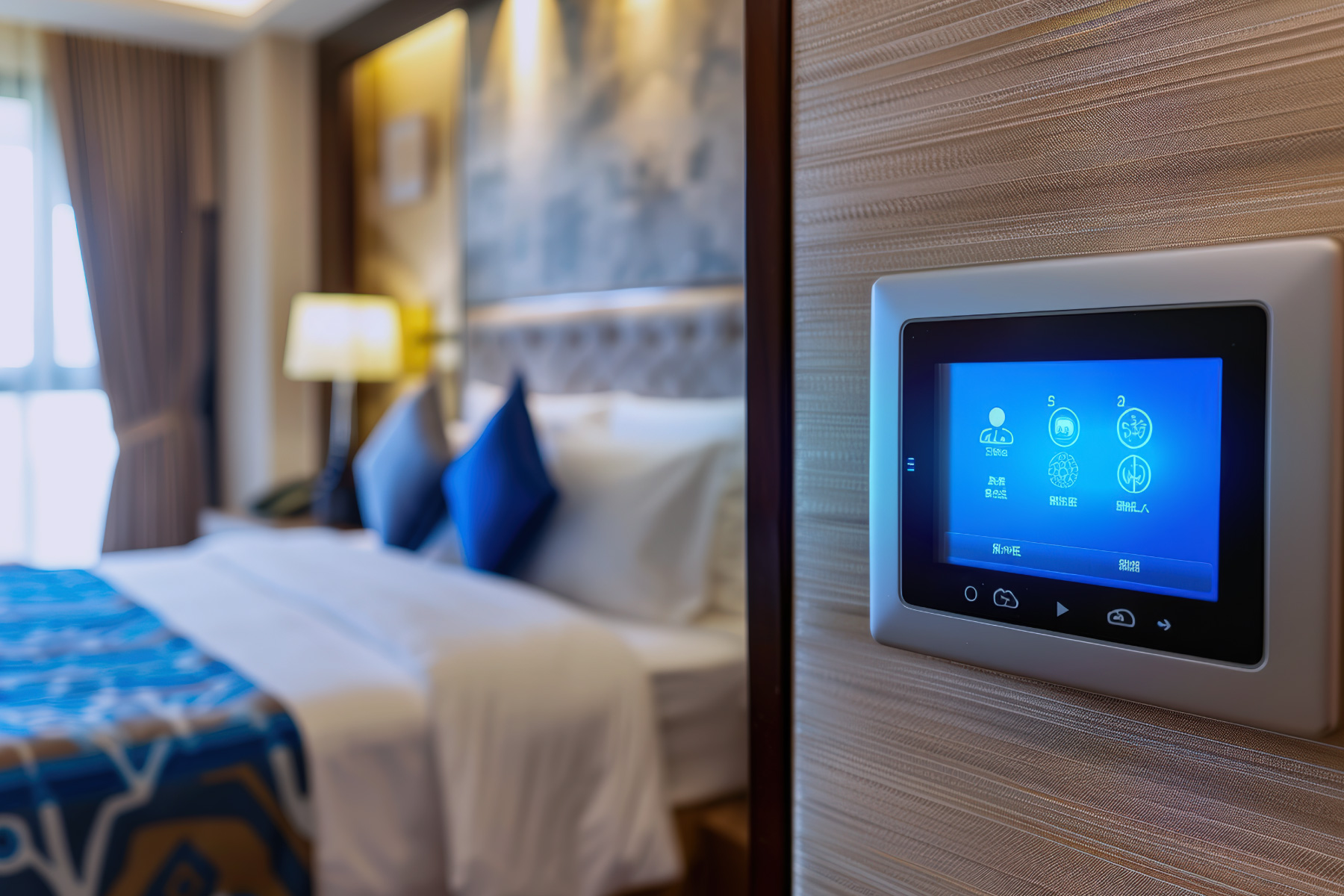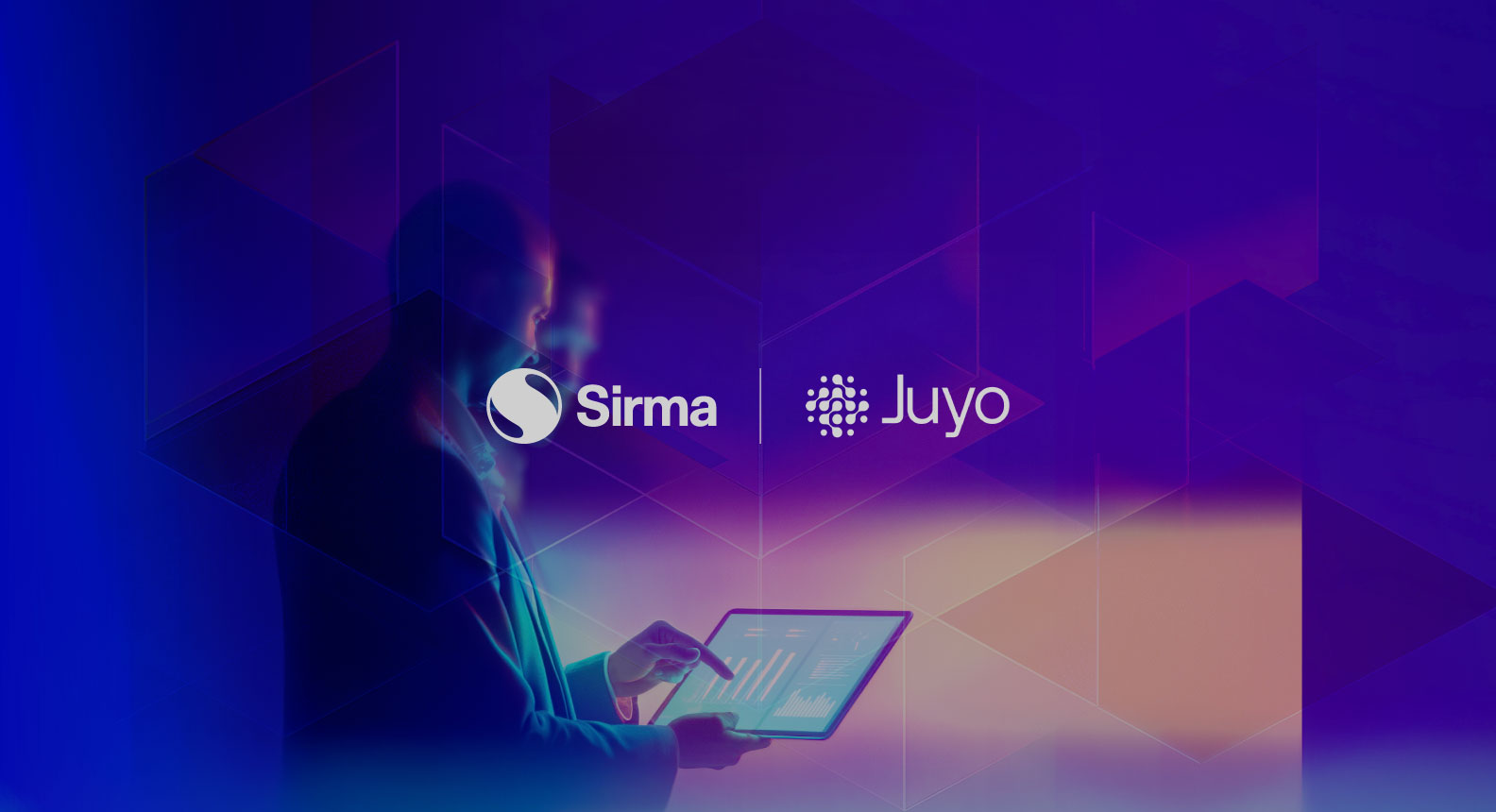The integration of AI-enabled systems has recently revolutionized the hospitality industry. Enhancements in customer experience and back-office operations are driving this change for both guests and hotel staff. AI allows guests to enjoy a highly personalized experience, while staff can focus on building genuine connections, leaving routine tasks to machines.
Let’s take a closer look at how artificial intelligence (AI) is helping shape a future where technology and human intuition work hand-in-hand to elevate hospitality to unprecedented heights.
A New Era for the Hospitality Industry
Only for a year, the global AI market in hospitality and tourism is estimated to rise from USD 15.69 billion in 2024 to USD 20.47 billion in 2025. The same research shows it will mark a staggering 30% compound annual growth rate from 2024 to 2029. The AI adoption may be illustrated by applications such as chatbots/virtual assistants for handling customer inquiries, predictive analytics for forecasting demand, and recommendation systems for offering personalized travel suggestions [1]. But how does this work in practice?
Imagine planning your itinerary empowered by an intelligent assistant that can navigate your likes, finding the best hotel price via dynamic pricing, and then stepping into a hotel where your preferences are known before you utter a word. The temperature in your room is set to your liking, the playlist echoes your favorite tunes, and an intuitive digital assistant is ready to guide you through all the best local attractions. While this sounds like a science fiction movie from the 90s, it is very much the present—powered by AI.
The hospitality industry has always revolved around creating unforgettable experiences. However, with guests’ expectations evolving and competition heating up, manual processes often fall short. And artificial intelligence in the hotel industry bridges this gap, offering efficiency without compromising the personal touch that defines hospitality [2].
Empowering Hotel Staff with AI
AI empowers hotel staff by shouldering repetitive tasks, enabling them to focus on what they do best: making guests feel seen, heard, and cared for. Simply put, when technology handles the “what,” people can focus on the “how”.
One of the most widespread applications of AI in hospitality is in customer service. Examples of AI’s real-world impact in customer service include:
- Front Desk Efficiency—AI streamlines check-in processes, ensuring a smooth experience from the moment a guest enters the premises to their check-out.
- Real-Time Support—Virtual assistants (VAs) handle routine questions, freeing human staff to address unique or complex guest needs.
- Training and Insights—AI tools offer training simulations and provide data-driven insights that help staff improve their skills and anticipate guest preferences.
Besides customer service, AI (GenAI included) in hospitality applies to boosting back-office operations. According to EY, its manifestations may be seen in areas as diverse as sales and owner relations, hotel operations, acquisitions and development, marketing, loyalty, CRM, business support (technology, HR, finance, procurement), revenue management and distribution [3].
For instance, HotelResBot collaborated with Sirma hospitality team to bring to life its business concept of HERA, an AI-driven Hotel Email Reservation Assistant. Our team developed a custom NLP service to automatically process booking emails. Integrated with hotel property management (PMS) and central reservation (CRS) systems via APIs, HERA automated rate checks and optimized email KPIs, enhancing reservation workflows and response times.
AI excels in speeding up mundane tasks like booking management, offering 24/7 availability through chatbots and virtual concierges, generating actionable insights from guest feedback and behavior. Yet, a handwritten note from a hotel manager or a friendly greeting from a concierge remains irreplaceable.
Here’s a practical example:
Take James, a fictional concierge working in a luxury resort, who receives a notification that a frequent guest has arrived. Without shuffling through papers or relying on memory, he’s instantly aware of the guest’s love for mountain views and their penchant for Italian wines. This foresight is the quiet power of AI working behind the scenes, helping James outperform at his job. AI ensures the tools, whereas humans provide the soul.
How AI is Enhancing Guest Experience in the Hospitality Industry
The essence of hospitality is understanding guests’ needs, often before they articulate them. AI now takes this concept to new heights by processing and predicting preferences through advanced algorithms [4].
Consider a traveler who always books family-friendly amenities. An AI system can recognize this pattern and proactively offer options that cater to this need, creating a wow factor for the guest. This approach transforms guest services from reactive to proactive. Rather than waiting for a guest to request a late check-out, AI systems can anticipate such needs based on their travel history or real-time behaviors.
Real-world transformative AI’s applications for guest experience may feature:
- Smart room features—AI-driven devices allow guests to adjust lighting, control room temperature, or even request room service via voice commands.
- Personalized recommendations—AI sifts through preferences to suggest nearby restaurants, attractions, or activities that align with guests’ tastes.
- Seamless problem solving—With AI’s ability to learn from past interactions, virtual assistants can resolve issues faster and more accurately.
The beauty of AI lies in its ability to understand and cater to individual needs at scale. Whether analyzing the preferences of thousands of guests or instantly responding to a specific request, AI creates a hospitality environment that feels both global and deeply personal.
Curious to learn more about how AI and manual operations compare? Don’t miss our upcoming article discussing this and other interesting aspects of the topic.
Blending Technology and Human Touch

Let’s now step into the shoes of a business traveler named Maria. She arrives at her hotel late in the evening after a long flight. As she enters, an AI system identifies her through facial recognition and pre-checks her into a room that aligns with her usual preferences: a king bed, extra pillows, and a quiet floor.
Maria’s smartphone buzzes with a welcome message suggesting dinner options from the hotel’s Italian restaurant—her favorite cuisine. A chatbot offers to book her a taxi for the morning, knowing she has a conference to attend. While all this happens, the receptionist greets her warmly, ensuring a consistent blend of automation and personalized hospitality. Technology may set the stage, but people bring magic to life.
Maria feels valued, not because she interacted with AI, but because technology allowed the staff to prioritize her experience, without her ever having to speak about it.
Partner with Sirma to Shape the Future of Hospitality
At Sirma, we specialize in crafting AI-driven solutions that seamlessly integrate with your existing systems, revolutionizing how you serve your guests. From bespoke applications to optimizing your technology stack, our expertise empowers you to achieve unparalleled results.
Ready to redefine your guest experience or staff capabilities? Let’s build something extraordinary together.


